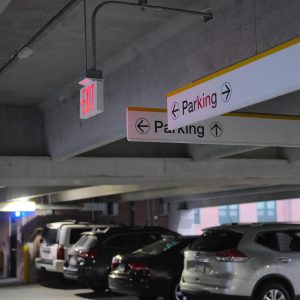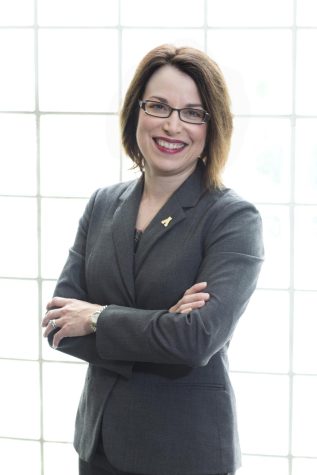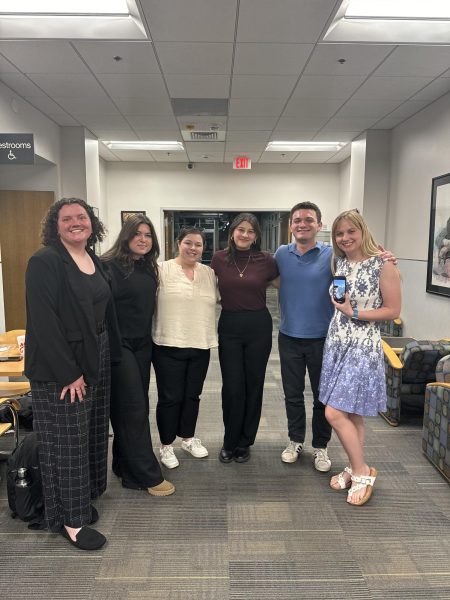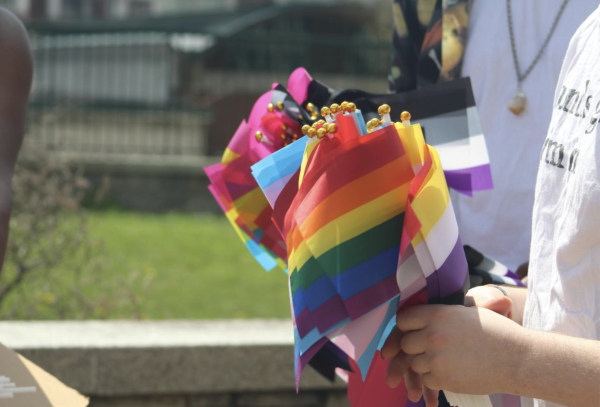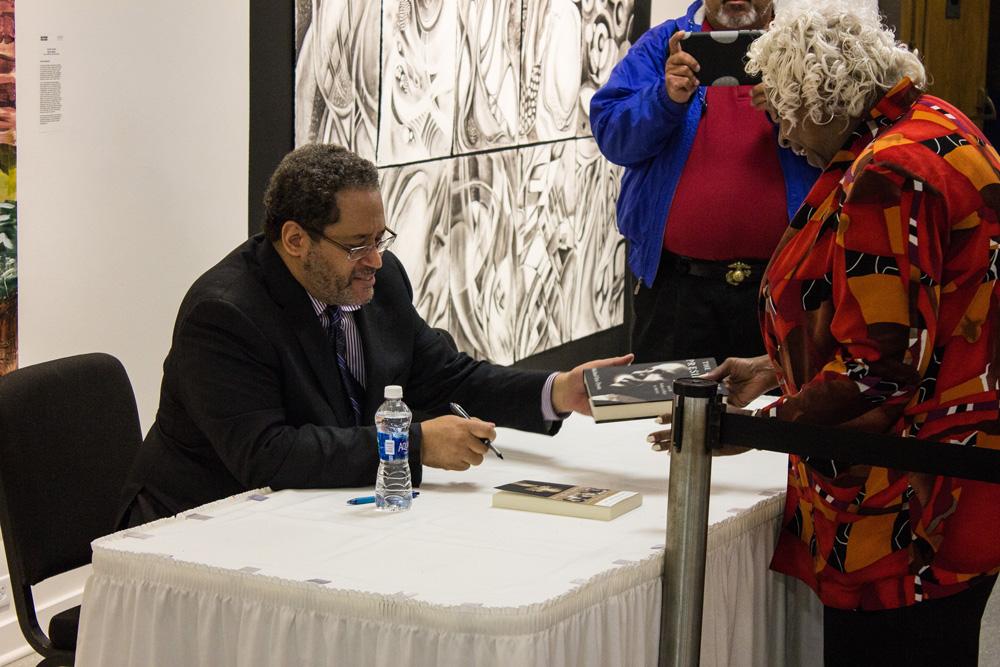Michael Eric Dyson, a renowned author and orator, spoke at Appalachian State University on Tuesday.
The event was initially scheduled for Jan. 21, but had to be postponed due to inclement weather.
With the recent passage of House Bill 2, however, Dyson said the timing for his speech couldn’t have been more fitting.
“I was initially supposed to speak at your 32nd annual Martin Luther King Jr. Commemoration,” Dyson said. “But perhaps in the larger scheme of things, it couldn’t be better timing to reflect upon the legacy of Martin Luther King Jr. and his meaning and significance to us as Americans as it is at this very moment.”
Dyson spoke about equality and justice in America, and the oppression that minorities have systemically faced throughout history.
According to Dyson, justice is the ideal in which everyone is given the same opportunities and liberties.
“Justice, for our definition, is what love sounds like when it speaks in public,” Dyson said. “None of the artificial divisions we have generated in our society should be sufficient to cancel or counteract the recognition of the dignity and humanity of ‘the other.’”
Unfortunately, Dyson said, America often faces a disconnect between its lofty ideals and its actual practices.
“America claims to be committed to practices of justice and democracy, and yet America continually undercuts them, refusing to live up to the best ideals that have defined this country from the start,” Dyson said. “America continually asks how it can work to maintain and enforce justice, and yet America so often actively works against it.”
Dyson said that this is seen in the way Martin Luther King Jr. was perceived when he was alive, as opposed to how he’s perceived now in retrospect.
As Dyson explained, King is today one of the most beloved figures of American lore. But Dyson said it wasn’t always that way.
“If everybody loved Martin Luther King Jr., why is he dead?” Dyson asked.
Dyson said that African Americans have been systematically dehumanized throughout history, dating back to slavery.
“African people in America were largely slaves brought here to reinforce the end of agrarian capitalism, and were used as technology themselves,” Dyson said. “Black people were the technology of white imagination.”
Dyson said that the answer to racism is not to adopt a mentality of “colorblindness,” but rather to acknowledge and embrace who we are.
“Colorblindness sounds like a good idea, but it’s not what King fought for,” Dyson said. “I don’t want people to get beyond my blackness; I want them to get beyond what they think about my blackness. Women don’t have to stop being women; men have to stop being misogynist.”
Dyson closed by saying that to enact change, we must continually work towards change.
“We must continuously and relentlessly hold politicians accountable, hold professors accountable [and] hold each other accountable,” Dyson said.
Dyson has written books on a variety of topics, including Hurricane Katrina, Malcolm X and rap music. He has served as a political analyst for MSNBC and was the former host of NPR’s The Michael Eric Dyson Show. He currently is a professor of sociology at Georgetown University.
Chancellor Sheri Everts said that Dyson possesses the ability to connect with all audiences.
“Dr. Dyson bridges gaps between generations,” Everts said. “He connects the civil rights identity to hip hop culture, while forging links between older and younger Americans.”
Story by Tommy Culkin, Senior News Reporter


